Google Chrome
Windows, MacOS, Linux, Android, iOS
Google Chrome
Windows, MacOS, Linux, Android, iOS
Overview:
Google Chrome is one of the most widely used web browsers worldwide. It was developed by Google and launched in 2008. It has built its reputation on simplicity, speed, security, and seamless integration with Google’s eco-system. It is a fast and reliable web browser that offers a user-friendly experience for individuals, professionals, and developers. It is built on the open-source Chromium engine.
Chrome has a simple user interface, which prioritizes usability and ensures easy navigation for all users. With its efficient JavaScript engine (V8) and streamlined resource management, it focuses on speed, resulting in fast page loading. Its multi-process architecture isolates tabs and plugins, which helps in preventing a single tab crash from affecting the entire session.
Chrome’s synchronization feature is another significant advantage, as it connects your browser data across devices using a Google account. This includes bookmarks, history, saved passwords, and extensions, which offer a consistent experience across desktops, smartphones, laptops, and tablets. It is also available across multiple platforms, including Windows, MacOS, Android, iOS, and Linux.
For Chrome security is a priority. This includes Google Safe Browsing, which warns users about malicious websites, and updates automatically to provide the latest security patches. The Incognito Mode allows users to browse privately without saving history or cookies and sandboxing web processes to minimize risks from malicious websites.
Thanks to the Chrome Web Store, Chrome offers customizability, providing thousands of extensions for enhanced productivity, entertainment, and accessibility. Developers can utilize Chrome’s robust developer tools, enabling debugging, performance monitoring, and web development, all within the browser itself.
However, Chrome has disadvantages, including its resource-intensiveness, which it sometimes shows in terms of utilizing plenty of RAM and CPU to process when there are numerous tabs open. Another thing is, its deep integration with Google services; therefore, users’ privacy is in danger with such data collection practices.
Besides this, Chrome is dominant in the market because it supports modern web standards and, therefore, delivers optimal experiences for websites and web applications. Due to this, it is widely used by developers and businesses related to web-based applications. It also supports PWAs (Progressive Web Apps), where users can download web applications on the desktop, to be used like a native application.
Since its launch, Chrome has developed innovative products like tab grouping that helps better organizing, and live captions for accessibility or an energy-efficient mode that helps extend the battery life for laptops.
Overall, Google Chrome is a high-performance, robust browser offering speed, security, cross-platform compatibility, and extensive customizability. While it has downsides such as high resource usage and privacy concerns, the continuous innovation and user-centric design ensures it is at the top of the web browsing hierarchy.
Key Features:-
- Fast Browsing: Powered by the V8 JavaScript engine for rapid page loading.
- Cross-Device Sync: Synchronizes bookmarks, history, and settings via a Google account.
- Security: Features Safe Browsing, automatic updates, and sandboxing for enhanced protection.
- Customization: Thousands of extensions and themes available in the Chrome Web Store.
- Incognito Mode: Private browsing without saving local data.
- Tab Management: Includes tab grouping, pinning, and muting for better organization.
- Developer Tools: Built-in tools for debugging and optimizing web applications.
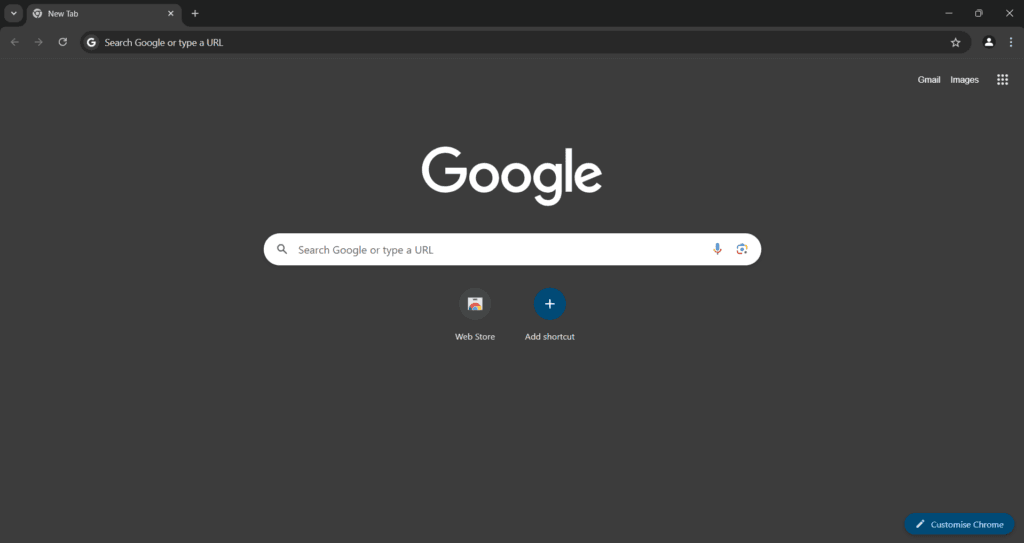
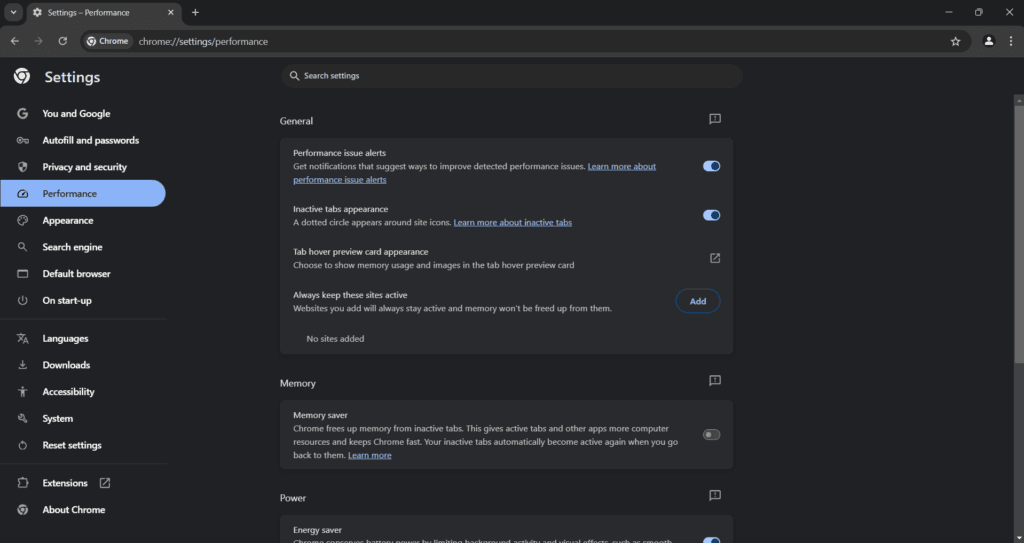
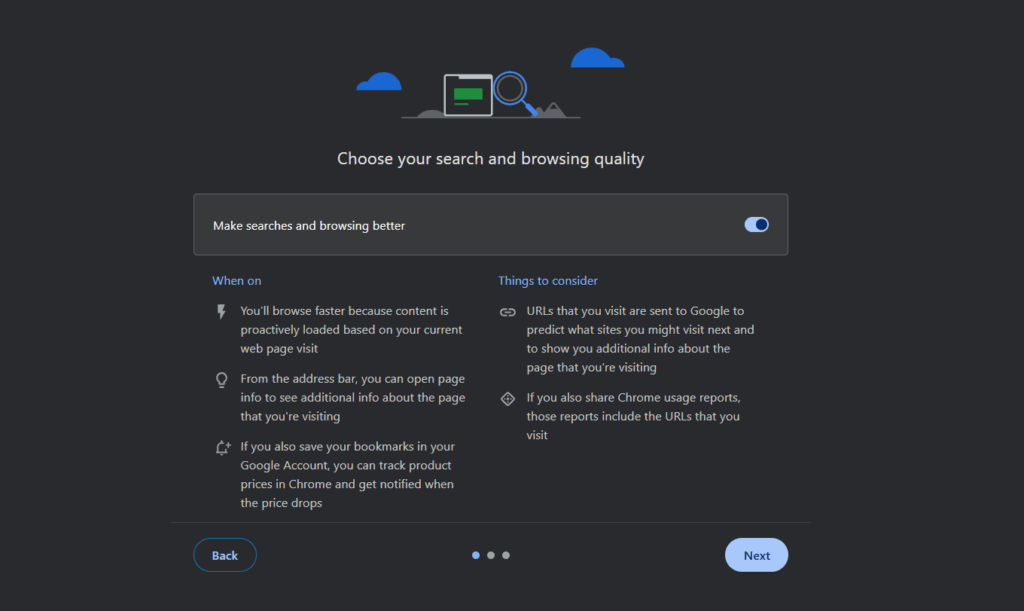
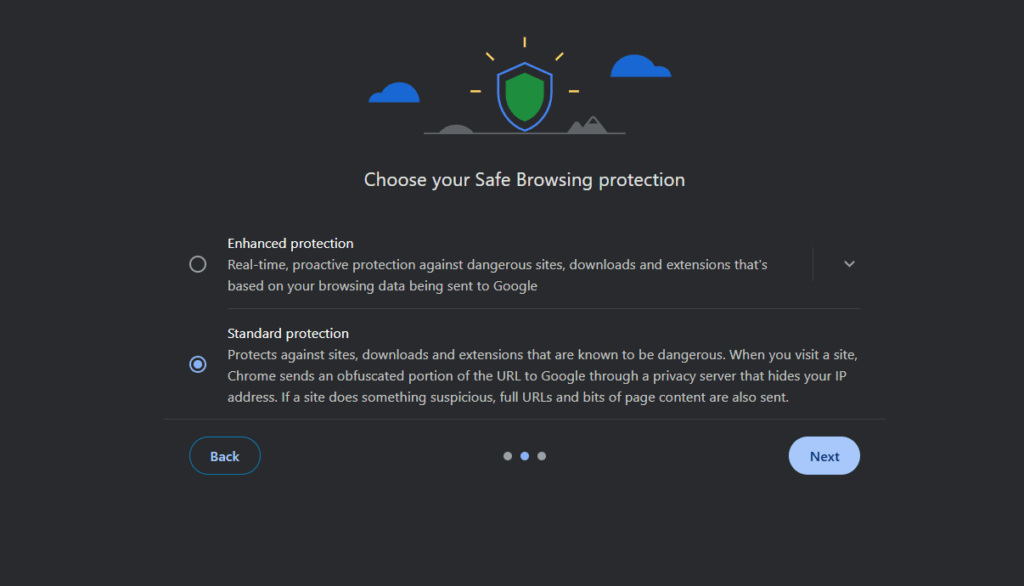
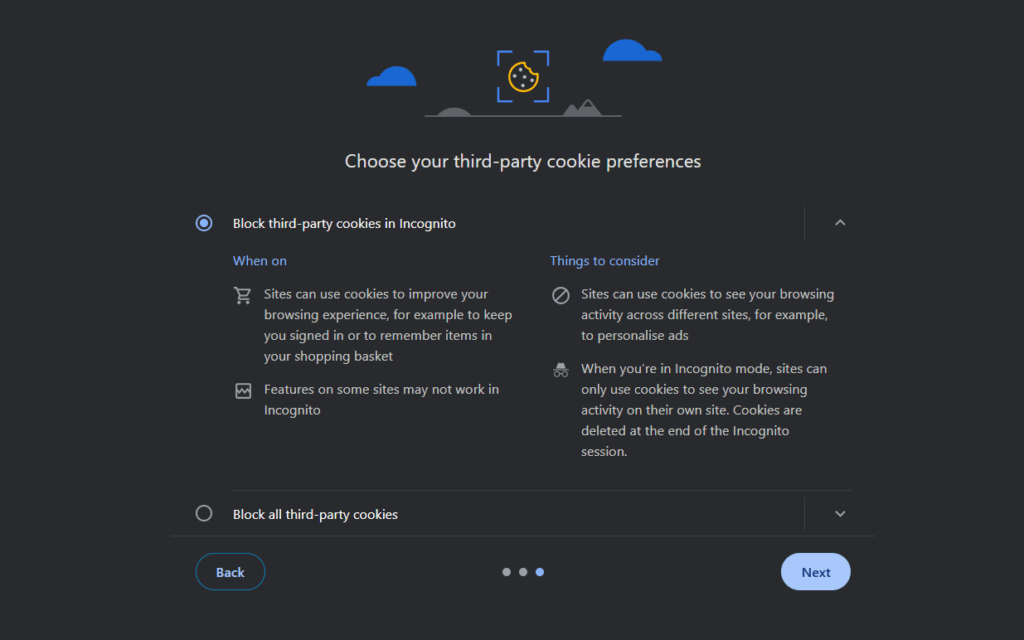
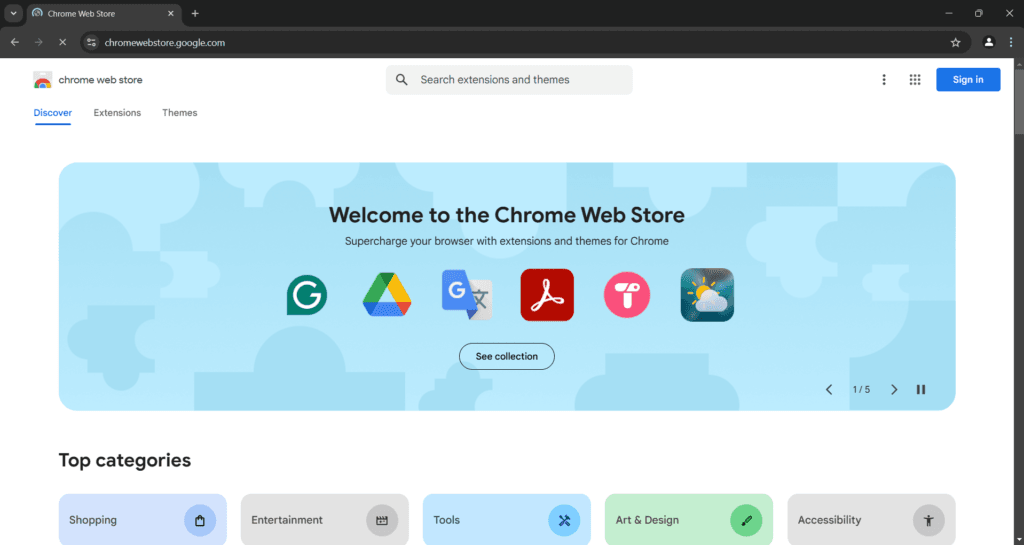
Pros👍:
- Exceptional speed and performance.
- Seamless integration with Google services.
- Extensive library of extensions and tools.
- High compatibility with modern web standards.
- Regular updates and new features.
Cons👎:
- High RAM and CPU consumption.
- Privacy concerns due to data collection.
- Limited customization compared to some competitors.
Specifications:
- Developer: Google LLC
- Initial Release: September 2, 2008
- Programming Language: C++, JavaScript, Python
- Engine: Chromium-based (Blink, V8)
- Platform: Windows, macOS, Linux, Android, iOS
- License: Freeware (open-source elements via Chromium)
Requirements:
Desktop:
- Windows:
- OS: Windows 7 or later
RAM: 2GB or more
Disk Space: 400MB
- OS: Windows 7 or later
- macOS:
- OS: macOS 10.11 or later
RAM: 2GB or more
Disk Space: 400MB
- OS: macOS 10.11 or later
- Linux:
- Varies by distribution (generally 2GB RAM and 400MB disk space)
Mobile:
- Android: Android 5.0 or later
- iOS: iOS 12.0 or later



